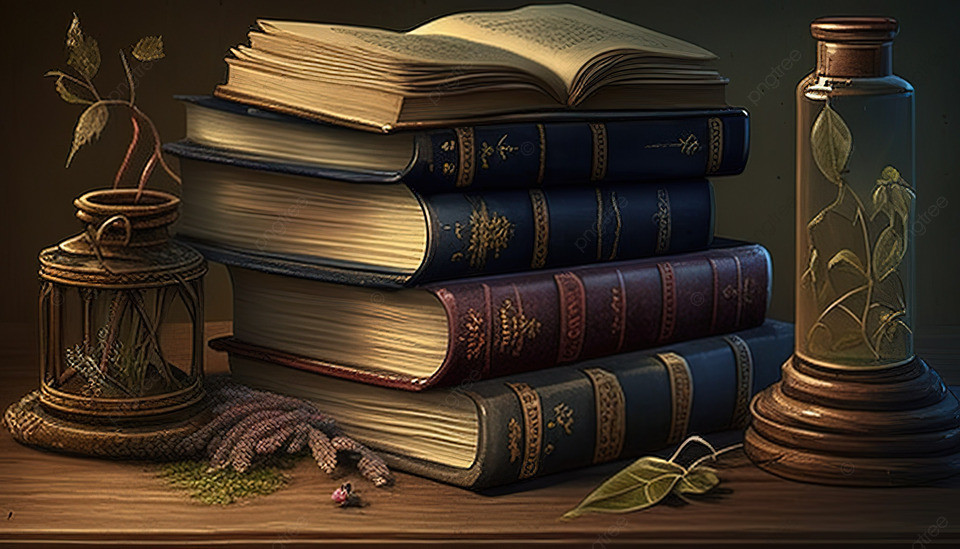The Russian economy is quickly adapting to changes and continues to confidently move towards the goals set by the Russian government. One of the main challenges is the fight against global warming. The climate of our country is changing 2.5 times faster than the average on the planet, and if we talk about the Arctic, 3.5 times faster. The outcome of the fight against global warming depends on each of us, but enterprises will have to make the greatest contribution to the implementation of the climate strategy.
Green business tools
The Organisation for Economic Co-operation and Development (OECD) estimates that small and medium-sized enterprises (SMEs) are responsible for 60-70% of all industrial pollution in Europe. Obviously, in order to fight climate change, it is necessary to make them part of an ecosystem of responsible and sustainable brands that care about the future of our planet. And in Russia, thanks to new support measures from the state, this has become possible.
“Green” buying drives sustainable brands
On July 8, 2022, the Russian government adopted a resolution according to which products purchased by state institutions must comply with the principles of sustainable development. Specialists of the Russian Environmental Operator (REO), the company responsible for the formation of a municipal solid waste management system, participated in the development of the document.
Environmental requirements apply to the following product groups:
- paper products for hygiene and household needs;
- hard coatings and elements used in the repair or improvement of facilities;
- soft coatings, for example, from crumb rubber;
- organic fertilizers, soil; trash cans and containers.
Labeling “eco” on the packaging is not enough, compliance with the “green” criteria must be documented. Government organizations prefer products with type I ecolabels, a mark that can be obtained through voluntary certification of the entire life cycle of products, from raw material extraction to disposal. A mandatory requirement for goods is that they contain at least 3% recycled materials (or its components) in 2024 and 5% from 2025.
 The only type I eco-label in the Russian Federation is called “Vitality Leaf”
The only type I eco-label in the Russian Federation is called “Vitality Leaf”
Image from: Ecological Union
Such a move will boost demand for sustainable products and boost the recycling sector. The first results are already in: the volume of public procurement from SMEs (as of June 10, 2022) amounted to 1.7 trillion rubles, which is 6.4% more than last year. In addition, from 2023, organizations and individual entrepreneurs producing goods from recycled materials will receive subsidies from the state. The amount of payments will depend on the amount of recycled waste.
Refusal of excess packaging replenishing landfills
REO appealed to the Association of Internet Trade Companies with a call to reduce the amount of packaging to a minimum. The operator noted that it is unacceptable, for example, to wrap the product in several layers of paper and plastic and then place it in a box. Some retailers do this even with products that are nearly impossible to damage in transit.
According to the REO, eliminating excess food packaging will reduce the amount of hard-to-recycle waste by 10%. This also applies to other categories of goods — from cosmetics to accessories.
 Photo from: press service REO
Photo from: press service REO
Support for recycled packaging companies
In May 2022, a bill was developed that transfers the responsibility for the disposal of packaging from manufacturers of goods to companies that manufacture containers. This approach has already helped reduce the volume of landfills in Kazakhstan, Belarus and European countries. At the same time, more than a third of the waste there managed to be turned into recyclable materials.
According to the bill, packaging manufacturers in the Russian Federation can recycle waste on their own, entrust it to a recycling company, or pay an eco-fee. For companies manufacturing containers from recycled materials, an incentive is provided — a reduction factor when calculating the eco-fee. Denis Butsaev, General Director of the Russian Environmental Operator, noted that a decision on the bill in the country would be made before the end of 2022.
Initiatives and programs of REO at the federal level
The main goal of the Russian Environmental Operator is to support companies operating in the field of municipal solid waste management:
- advice on attracting investments;
- assistance in the selection and application of innovative technologies, legal support;
- assistance in finding suppliers of recyclables;
- providing loans on favorable terms.
In addition, REO created an online platform “Know Ours” to search for Russian equipment in the waste management industry. So, on the service you can find a worthy alternative to imported equipment.
 Photo from: press service REO
Photo from: press service REO
System for assessing the “sustainability” of SMEs
According to the results of the League of Green Brands survey, 65% of SMEs in Russia are suppliers for medium and large businesses and can influence the environmental friendliness of finished products. At the same time, about 25% of Russian companies do not know what the concept of sustainable development (ESG) is. In order for brands to independently assess their compliance with modern environmental standards, a special methodology was created. This is a list of questions prepared taking into account current standards and requirements for suppliers. The result is displayed in the form of a chart, which makes it easier to assess which areas are far from ideal and need attention.
In addition, on September 21, 2021, the Russian government approved the national taxonomy. It divides sustainable projects into “green” ones (that meet international environmental standards) and adaptive ones (that help rebuild the Russian economy in line with the climate strategy).
Now there are many more adaptation projects than “green” ones, but every company has a chance to achieve the ideal — for this, business processes need to be adjusted so that their impact on the environment is minimal. It is not necessary to do it on your own — often the success of SMEs is multiplied by cooperation with other organizations. For example, Nelli Nedre, founder and designer of the NNedre brand, donates leftover fabrics to craftsmen who make woven carpets and hats. As a result, only small trimmings remain, but they can also be used. Nelli Nedre plans to switch to zero-waste production by collaborating with a company that processes fabric into upholstery material.
Supply Chain Transformation
Changes in the international market have led to the need to radically rebuild many logistics processes. But, as Igor Korotetsky, head of the sustainable development group of the audit and consulting firm Kept, noted, the trend towards greening business remains. It is predicted that Asian states, whose suppliers will replace European companies, may, like the EU countries, impose a tax on the import of goods, the production of which pollutes the atmosphere with large volumes of greenhouse gases. In addition, some Russian organizations, in particular manufacturers of fertilizers and agricultural products, still supply goods to the EU countries, which means they must be guided by the environmental requirements of these states.
Along with new challenges, new opportunities have emerged. So, in May 2022, the demand for domestic textiles in online stores increased by 90% compared to the same period last year. A study of the “SberMarket” online service showed that the basket of an average user consists of 70-80% of Russian-made products. It’s time to make a contribution to import substitution, scale up production and expand the range of products.
Author: Vera Zhikhareva
Cover photo: press service of the Moscow Mayor and Moscow Government








Comments